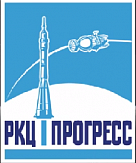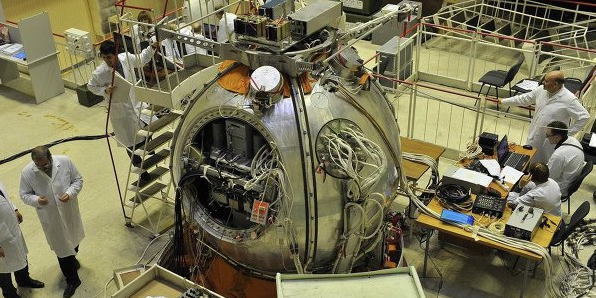
[SatNews] The result was that most passengers of the satellite didn’t survive the flight due to the technical failure...
Roscosmos has concluded a contract with Progress Rocket and Space Center for Bion-M2 space device project. With the help of this device Russian scientists are going to study zero-gravity and space radiation impact on living organisms, the Institute for Bio-Medical Problems press office reported.
“We are working on the contract conclusion." The Institute for Bio-Medical Problems Director Deputy Vladimir Sychev said.

The new satellite will be sent to space in 2019, in which this space laboratory will be launched at the altitude of 1000 kilometers above Earth's surface, that is two times higher than the altitude of its predecessor Bion-M. This altitude is necessary to collect unique data on solar radiation and space rays impact on living organisms.
“In December Russian Academy of Sciences Space Board determined the list of equipment to be installed onboard the satellite, and approved the Institute for Bio-Medical Projects as the main agency developing scientific program,” Sychev said.
Bion-M1 performed a one-month flight in spring 2013. Onboard the satellite there were a hundred living organisms including Mongolian gerbils, mice, geckoes, fish, freshwater maxillopods, seaweeds, and more.
The result was that most passengers of the satellite didn’t survive the flight due to the technical failure: all 8 gerbils, 25 of 29 mice, and the fish died. Geckoes and snails survived despite the technical failure. It was determined the Bion-M1 fulfilled its research program for the Institute for Bio-Medical Problems, as the representatives reported they had met the criteria in which half of “passengers” survived.

